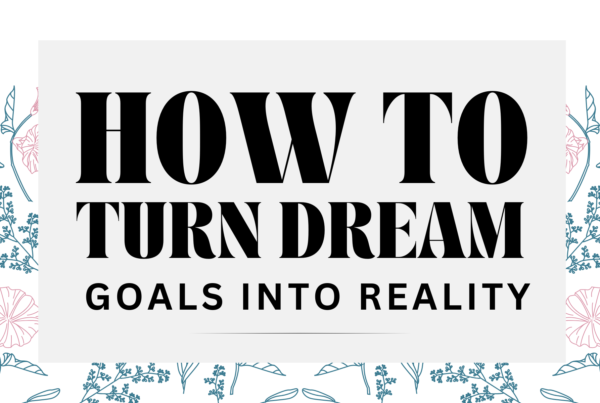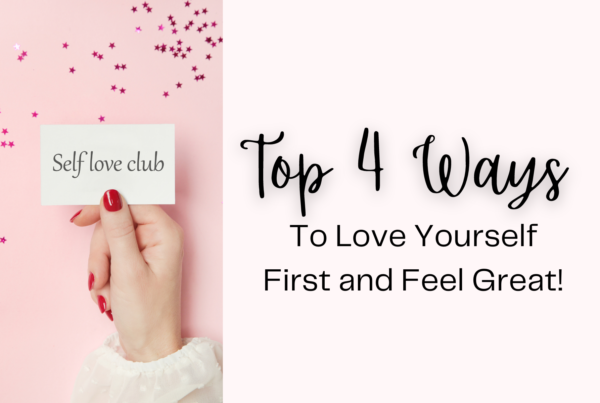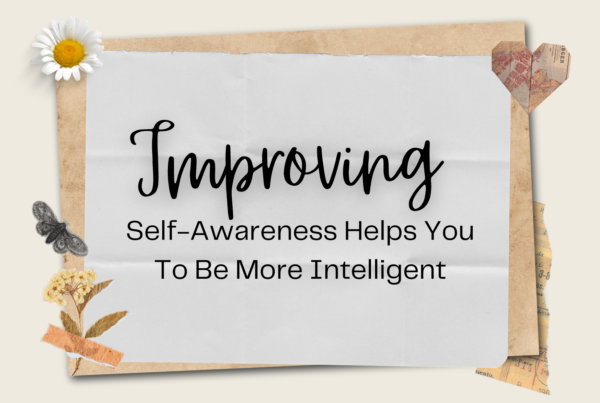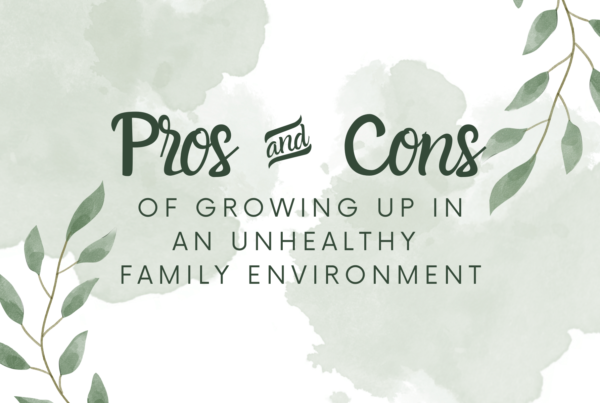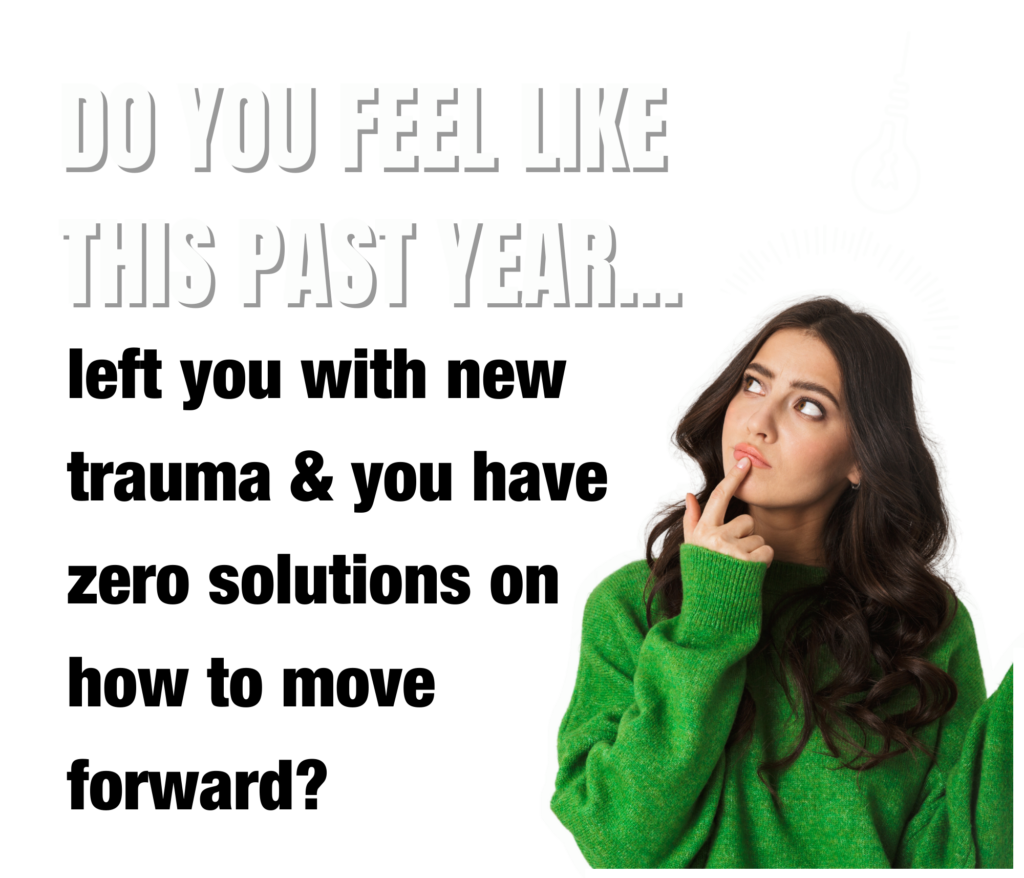 I discovered this subject by observing someone in my life who kept telling the same story, over and over again about their son. The story they shared made their son look selfish, seeing their son as an adult, those selfish characteristics are very prominent. The more I observed the situation, I noticed that these parents kept telling stories that seriously showed the selfish characteristics of their one son.
I discovered this subject by observing someone in my life who kept telling the same story, over and over again about their son. The story they shared made their son look selfish, seeing their son as an adult, those selfish characteristics are very prominent. The more I observed the situation, I noticed that these parents kept telling stories that seriously showed the selfish characteristics of their one son.
Lacking self-awareness:
What I found very interesting is that they have no self-awareness about what they’re saying. They can’t seem to tune into what they are saying and how other people may perceive the situation. It seems that they’ve gone well over 30 years telling these stories and handing them out to everyone they meet like candy, but truthfully they have no self-awareness that in fact the stories they’re sharing show the true selfish patterns in their son.
It wasn’t till their son didn’t show up to an event, for selfish reasons and I overheard one of our friends sharing that this parent was telling one of the same stories that I mentioned above. I started thinking about it and just realized there really isn’t much self-awareness in this parent. Their son doesn’t show up to an event for selfish reasons and they’re sharing more clues about how this is a characteristic from his childhood too.
I thought to myself, wow this just seems unintelligent of them to share that same story. They clearly have no self-awareness in the matter because I don’t think they would be sharing it if they did.
They probably would:
- Have chose to do something about these selfish characteristics sooner, perhaps when he was younger.
- Not tell that story all the time because they would’ve realized; “There is a problem and I should’ve done something sooner.”
That’s when I realized that self-awareness is at the foundation of being intelligent.
When you look around you at the people you meet, you will find the ones that are more in tune with themselves and more in tune with the emotions in the room. When other people are completely out of touch, they will do things to other people. Never feel like they need to apologize or clean up their bad behavior, these behaviors are all because of a lack of self-awareness.
What Is Self-Awareness:
Being self-aware is all about having an understanding of your own thoughts, feelings, values, beliefs, and actions – Very Well Mind
The Defenition (From Helpful Professor)
Self-awareness is the conscious knowledge of one’s own character, feelings, motives, and desires. It is the ability to reflect on oneself and recognize patterns in one’s thoughts, behaviors, and emotions. Through self-awareness, individuals can understand their strengths, weaknesses, and how they are perceived by others.
Types of Self-Awareness
- Internal self-awareness – This is the recognition and understanding of one’s internal states, preferences, emotions, and thoughts.
- External self-awareness – This pertains to understanding how others perceive us in various contexts and situations, helping us to navigate social situations.
The thing about being self-aware is that once you’ve looked inward you grow to have more empathy and understanding for other people. You build emotional intelligence. Building your self-awareness level will also increase your confidence level.
Being Self-Aware
- You can objectively evaluate your actions, feelings, and thoughts
- Manage and process your emotions
- Look within when a problem arises
- Keep your behavior in alignment with your core values. (You know what your core values are)
- You understand correctly how others perceive you
- You also look at other people’s actions and reactions objectively “This is not about me, it’s about them.”
Examples of Lacking Self-Awareness and Having Self-Awareness:
1. Someone hurt you and…
Click the tab below to view each example.
When Someone Lacks Having Self-Awareness:
They hurt you and you tell someone they hurt you. They’ll usually reply back to you saying “I’m so hurt back” failing to acknowledge what you shared with them in the first place. People who are not emotionally developed through self-awareness cannot regulate their emotions therefore make everything about themselves.
Someone Who Is Self-Aware Will:
A self-aware individual deals with this situation a little differently. Sometimes you don’t even need to say anything they just say “Hey, I noticed your mood is lower these days, did I do something to hurt you?”
If you do have to tell a person who is self-aware (which is totally fine) that they hurt you. Their reply will be something like “I didn’t realize I hurt you, can you tell me how?” or “I realize that may have affected you negatively, can we talk about it?”
2. A person behaves badly and has a breakdown…
Click the tab below to view each example.
When Someone Lacks Having Self-Awareness:
An individual who lacks self-awareness miss treats you or ends a night with bad behavior, and they just move on like nothing happened. No apology, no taking responsibility, and no need to clear the air they act like nothing happened.
Someone Who Is Self-Aware Will:
People who are self-aware clean up after themselves emotionally after having an outburst of anger or poor behavior. Guilt is a good indicator of needing to clean something up they will come to you saying “Hey, I lost my cool the other evening, I just wanted to say I’m sorry about that. I’m working on not behaving that way anymore. Will you forgive me?
3. How they react to bad things that happen…
Click the tab below to view each example.
When Someone Lacks Having Self-Awareness:
They blame other people and never look at how they may be part of the cause, more often than not, they are the core cause of the problem.
Someone Who Is Self-Aware Will:
A person who has self-awareness usually will ask themselves how this came about for them in their life. They look inwards first.
Asking Themselves Questions Like:
- How do I feel about this situation and what emotions do I need to process?
- What did I do to create this result? (Taking responsibility is the opposite of blaming others.)
- What lessons can I learn from this situation?
- Is there a solution that I can implement?
I highly recommend that you start observing yourself if you’re someone who likes to blame other people and encourage you to stop blaming others. Blaming others just takes your power away.
4. How they react to what other people share about themselves…
Click the tab below to view each example.
When Someone Lacks Having Self-Awareness:
Dismissing people’s feelings and experiences constantly…
- Invalidating your feelings: “Your feelings are wrong.” or “That’s not right to feel that way.”
- Not creating a safe space for you to feel: “You need to change the way you feel.”
- Have no respect for your experiences: “Oh, that was nothing you should’ve seen what ________ went through.”
Someone Who Is Self-Aware Will:
A person who is self-aware understands that other people’s feelings are not about them, they also don’t make it about themselves just because of the feelings that come up when the other person is talking.. Self-aware individuals are usually easier to talk to when you’re going through a hard period of life.
-
- Validate your feelings: “I don’t understand what you feel but I hear you and you’re going to go through what you need to go through.”
- Create space for you to feel and heal: “You’re going through something and I can tell it’s really hard on you. What can I do to support you?”
- Respect your experience: “I’m sorry to hear that you went through that.
I hope that these examples assist you in understanding the difference between the characteristics that set apart someone who has self-awareness and someone who lacks it.
Now you either already see how self-awareness helps build intelligence or you are wondering…
Why does someone who is more self-aware have more intelligence than someone who is not self-aware?
Are you new here?
I also have the following content that focuses on helping you get out of your own way, build confidence & guide you towards taking effortless action:
- CORE VALUES: Learn More About Your Personal Core Values
- Manifestation Is Logical, Not Magical. You Already Do It Daily On Autopilot!
- Defining What It Means To Take Responsibility In Your Life
- Top Tips On How To Successfully Start Setting Intentions That Work For You
- Reduce Regret And Turn Your Past Into Powerful Lessons Learned In Life
- Read These Deep Quotes to Change Your Life
- What is Self-Love and Everything You Need to Know to Improve Self-Love
Build More Confidence:
- How Taking 100% Responsibility Will Give You More Confidence
- Top Self-Trust Tips That Increase Your Confidence
- The Ultimate Guide To Feeling Confident About Who You Are!
Build Better Relationships:
There Are Different Types Of Intelligence:
I know that when we talk about intelligence most of us think about what school taught us. Being book smart, being able to retain knowledge, and knowing many bigs of knowledge. Being good at math and calculus, understanding physics. This type of intelligence is the one that we all know as IQ or intelligence quotient. That’s only one type of intelligence
The 4 Types Of Intelligence:
- Intelligence Quotient (IQ)
- Emotional Quotient (EQ)
- Social Quotient (SQ)
- Adversity Quotient (AQ)
Three out of four of there types of intelligence improve with self-awareness. Can you guess which ones they are?
Keep reading, I’m going to share it with you…
What does each type of intelligence mean?
1. Intelligence Quotient (IQ)
Measures a person’s level of comprehension. IQ is assessed through an IQ assessment which tests a person’s ability to solve mathematical equations, memorize things, identify patterns, and recall or retain lessons.
Being self-aware has no impact on this type of intelligence:
This is the only intelligence type that does not require self-awareness. It’s solely based on your ability to hold, retain, and recall knowledge.
2. Emotional Quotient (EQ)
Measures one’s ability to manage their emotions. This includes the ability to understand their own feelings. Regulate and process their emotions in a healthy way, communicate effectively, overcome challenges, and relieve stress. Then you move into their ability to empathize with others, or in other words feel the room and manage conflict.
Self-awareness is required to have a high EQ:
This intelligence type is all about having self-awareness. Being able to regulate and process your feelings or communicating effectively, and being able to empathize with others.
People who have self-awareness and are better at managing conflict.
3. Social Quotient (SQ)
Measures one’s ability to interact and communicate with others with empathy and assertiveness. This includes a person’s ability to build a network of connections and maintain friends over a long period of time.
Self-awareness is required to have a high SQ:
Communication improves when you are more self-aware. You learn to react less negatively to things that happen around you. People become more drawn to being around you and being self-aware helps keep great friendships in your corner. It also helps you to learn which friendships are not for you.
4. Adversity Quotient (AQ)
Measures one’s ability to overcome challenges and deal with adversity in life. It is all about how they manage difficulties and transform obstacles into opportunities. When faced with troubles, someone with a high AQ doesn’t give up, they work through the problem and find ways to get to the finish line positively. Takes into consideration; Who will give up, who will abandon their family, and who will contemplate suicide?
Self-awareness is required to have a high AQ
I can assure you, that the person who lacks self-awareness will always struggle more in overcoming challenges. Successfully overcoming adversity is all about being able to assess where you at, and where other people are at and come up with solutions.

Love Julia's Content? Subscribe to get new blog updates from Julia!
By subscribing you agree to our terms & conditions
Children With Trauma and EQ:
I believe that my emotional intelligence comes from my trauma, gaining the emotional skills I learned was how I protected myself. It’s easy to learn from adults’ mistakes when they’re constantly making you feel bad as a child. It was a survival mechanism for me. Self-awareness comes naturally to children who learn to pay attention and they are fortunate enough to notice that something in their childhood environment is wrong.
As a result of my pain in my childhood, I learned many skills like how to build self-trust increase my confidence level, and the power of taking responsibility. Showing empathy, being vulnerable about where I’m at, and communicating with others.
I do not think all children have the positioning in their lives to need to learn emotional intelligence. Children who have less suffering and life is more “Normal” and they’re not taught or do not need to tend to a parent in distress. They don’t always get to learn EQ.
Looking online and researching intelligence types I found Cambrilearn Courses, they have emotional intelligence courses for kids. This is so great because having emotional intelligence is not something that comes naturally to all children.
Self-Awareness Increases How People Experience Your Intelligence Level:
3 out the the 4 types of intelligence, EQ, SQ, and AQ, require that you become more self-aware. People who score high in those types of intelligence have a strong sense of themselves and a result hold more empathy and can connect to what other people may be going through more deeply.
In conclusion, I will say that EQ, SQ, and AQ are all forms of intelligence that you can gain by going out and learning the skills you need to score higher in each type of intelligence. Emotional intelligence can absolutely be learned. And grown. It really just takes you wanting to learn more skills in this area of your life.
The skills that we teach in Creating Confident You help build self-awareness which will also improve anyone’s ability to have higher emotional intelligence.
Are you wondering about how you can be more self-aware?
Get one-on-one support! A one time FREE gift.
How connected to yourselves you are, shows up in your work, life, your relationships, and your every day to day. Having a high sense of self-awareness is important to your self-esteem and helps boost your confidence level. If you want to breeze through your life’s challenges and be more in tune with yourself then you’ve ever been before. I can help!

Julia Maria Nica
Life & Dream Coach
Julia grew up in Vancouver, B.C. She immigrated from Romania to Canada in the ’90s with her family. Julia decided to find her passion. Just like many women, she experienced her own self-image challenges. Spending years in personal development and business seminars. She came up with the idea of The YOU Series as a part of unraveling the pain of her life. Today she focuses on building The You Series, coaching her clients, and creating new content.








